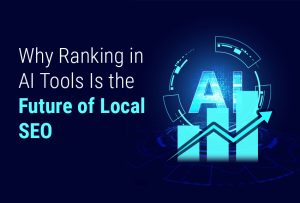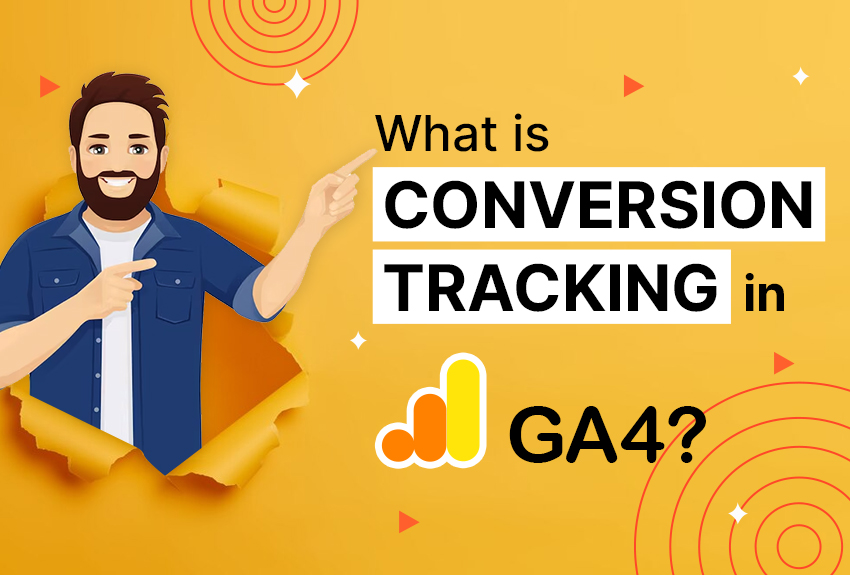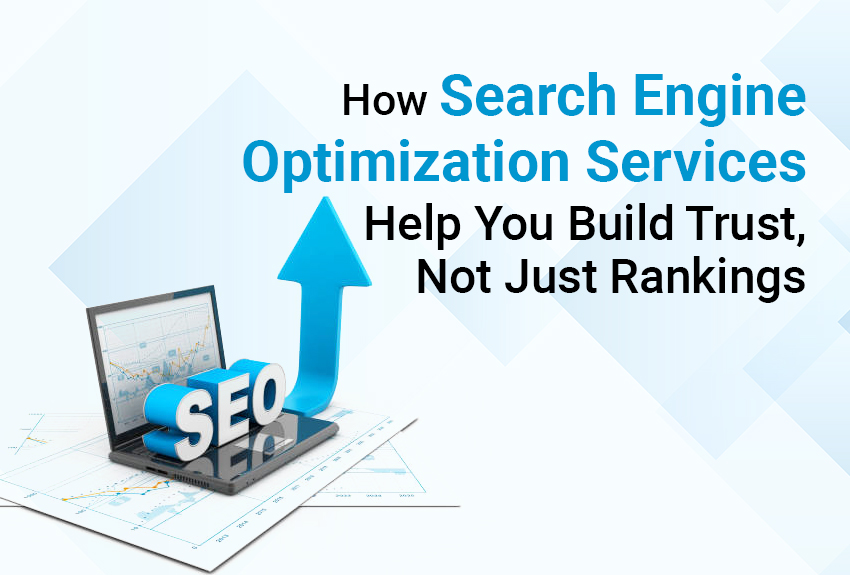
Search engine optimization (SEO) has long been about climbing the ranks of Google’s results pages. But the game is changing—and fast. With the rise of AI-powered search tools like ChatGPT, Perplexity AI, Google’s AI Overviews, and Bing Copilot, businesses can no longer afford to focus solely on traditional rankings.
AI is rewriting the way users discover local businesses. Whether someone is looking for the best dentist in Philadelphia, a top-rated coffee shop in Austin, or a weight loss clinic in New Jersey, they may not even click into a search engine anymore—they’ll ask their AI assistant and trust the response.
In this new digital era, ranking in AI tools is becoming the future of local SEO, and those who adapt early will enjoy the competitive edge.
How AI Tools Are Changing Search Behavior
Voice search, conversational queries, and generative AI platforms are rapidly reshaping the way people seek information online. Rather than typing in “best pizza near me,” users now ask questions like:
- What’s the highest-rated pizza place in South Philly?
- Which clinics offer Semaglutide treatments in New Jersey?
- Can you recommend a reliable plumber in my area?
AI tools interpret these natural language prompts and generate responses based on a mix of sources—website content, Google Business Profiles, online reviews, citations, structured data, and even FAQs.
This is a departure from traditional search engines, which typically return a list of links. Instead, AI tools present direct answers, often citing only the most authoritative and well-structured sources.
For businesses leveraging digital marketing services, adapting content and visibility strategies for AI-driven platforms is now essential.
Why Traditional Local SEO Isn’t Enough Anymore
Conventional local SEO focuses on Google Maps visibility, NAP (Name, Address, Phone) consistency, citations, local backlinks, and keyword-targeted landing pages. While these tactics still matter, they’re not sufficient for AI visibility.
AI models often use their own criteria when recommending local businesses. If your business:
- Has outdated or inconsistent listings
- Lacks schema markup or structured data
- Has poor-quality content
- Isn’t mentioned across multiple platforms
…then you may be left out of AI-generated recommendations entirely.
This shift means local businesses must now optimize not just for Google, but for AI visibility across the digital landscape.
What AI Tools Look for When Recommending Local Businesses
If you ask ChatGPT or Perplexity to recommend the “best dermatologist in Brooklyn,” they aren’t using real-time geolocation. They’re relying on pre-trained models, crawlable public content, review signals, and authoritative sources to provide a reliable answer.
Here’s what makes a business show up:
1. Consistent and Structured Online Information
AI tools scan content from your website, directories (Yelp, Healthgrades, TripAdvisor), and social profiles. Clean and consistent data—such as hours of operation, services offered, and contact details—builds trust and credibility.
2. Authoritative Content
Blogs, FAQs, and service pages written in a natural, question-answer format (e.g., “What are the side effects of Weight Loss Pills?”) help you rank in AI-driven tools. The more helpful and specific your content is, the better.
3. Schema Markup and Structured Data
Structured data helps AI understand what your website is about. Adding Local Business, Service, and Review schema to your pages makes your content machine-readable, critical for tools like Google’s AI Overview and Bing AI.
4. Review Signals
AI models weigh online reviews heavily. Consistent positive reviews on Google, Yelp, BBB, and Facebook—especially with detailed mentions of services—improve your business’s chance of being recommended.
5. Mentions Across Reputable Sources
The more your business is referenced on trusted websites (local directories, news articles, partner websites), the more signals AI tools receive that you’re credible and relevant.
Examples of AI Search in Action
Let’s say a user asks ChatGPT:
“Can you recommend a notary public in Lansdale?”
ChatGPT may respond with a few notaries names, office locations, brief descriptions, and links—based on structured site content, consistent NAP data, and positive online reviews. It won’t mention businesses with outdated sites, poor citations, or vague content.
Or if someone asks:
“Best places to get Botox in New York City with reviews”
AI tools will prioritize clinics that have clear service pages, local review data, and are referenced by multiple high-authority sources.
If your competitors are showing up in these AI answers and you aren’t, you’re already falling behind.
Local SEO Is Now Multiplatform—Not Just Google
AI tools aggregate data from many sources:
- Google Business Profile
- Apple Maps & Yelp
- BBB, Healthgrades, and Trustpilot
- Citations on third-party blogs or news
- Your own website schema and blog content
This means your local SEO strategy must expand beyond your website. You need to build an ecosystem of trust and relevance across multiple platforms to become AI-visible.
How to Optimize Your Local Business for AI Visibility
✅ Step 1: Audit Your Digital Presence
Check every platform where your business is listed—Google, Yelp, Bing Places, Facebook, Apple Maps, etc. Ensure all listings are consistent and up to date.
✅ Step 2: Add Structured Data to Your Website
Use schema markup for LocalBusiness, Review, FAQs, and Services. This makes your content machine-readable and increases the chances of AI tools pulling it in responses.
✅ Step 3: Create Conversational, Value-Rich Content
Write content that directly answers local queries like:
- How much does Botox cost in NJ?
- Best occupational therapy for children in Philadelphia
- Does Glutathione spray cause side effects?
This format aligns with how AI models extract information.
✅ Step 4: Earn Reviews and Mentions
Encourage customers to leave honest, detailed reviews. Also, aim for mentions in local press, partner blogs, directories, or forums.
✅ Step 5: Monitor AI Tools
Regularly test how your business is appearing in ChatGPT, Bing Copilot, and Perplexity. Ask location-based questions and note what results come up.
The Future of Local Discovery Is AI-Driven
In the coming years, more users will rely on AI assistants instead of scrolling through dozens of search results. That means ranking on AI tools is no longer optional—it’s essential to stay competitive.
By aligning your local SEO efforts with AI expectations—clean data, helpful content, structured markup, and strong reputation—you position your business as a trusted recommendation when and where it matters most.
Need Help Staying Ahead? Work With Experts in AI-Driven SEO
At OpenSource Technologies, we don’t just do Search Engine Optimization—we future-proof it. Our expert team understands how AI tools are reshaping search and how your local business can stay ahead of the curve.
We’ll optimize your entire digital presence—from Google Business Profile and local citations to schema implementation and content tailored for AI tools like ChatGPT, Perplexity, and Google AI Overviews.
Let’s ensure your business ranks where your customers are searching—today and tomorrow.
Contact us today to schedule a free consultation.
We’re on Forbes!
Read our recent blog on How To Get Your Business Featured In Generative AI Results In 2025









